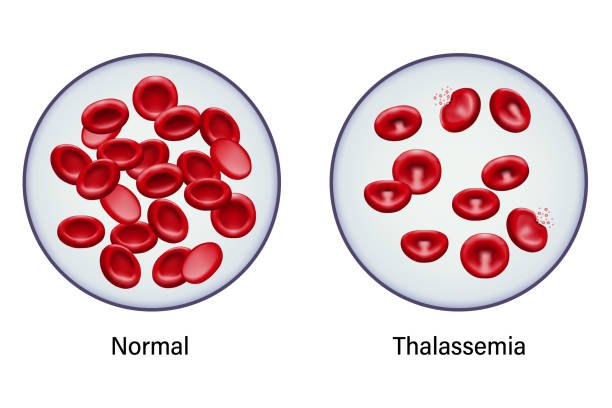In Uttar Pradesh's Kanpur hospital, fourteen children who were undergoing blood transfusions tested positive for infections such as Hepatitis B, C, and HIV. Officials believe that faulty tests for viruses may have led to infections in children who received blood transfusions. Unfortunately, this has increased the risk for these children who already have Thalassemia, a hereditary blood disorder that affects the production of haemoglobin in red blood cells. People with Thalassemia often experience anaemia, fatigue, and other health complications, requiring lifelong management through regular blood transfusions and medical care to maintain their overall well-being.
The incident took place at the government-operated Lala Lajpat Rai (LLR) Hospital. Authorities suspect that the issue may have stemmed from inadequate virus testing of donated blood. Nevertheless, identifying the precise origin of the infection could pose a challenge.
Dr. Arun Arya, the esteemed head of the paediatrics department at LLR, has expressed his deep concern regarding the associated risks of blood transfusion. He kindly mentioned that we have taken the necessary steps to refer the hepatitis patients to the gastroenterology department and the HIV patients to the referral centre in Kanpur. Notably, he has shown great concern for the well-being of the HIV cases.
Currently, there are 180 thalassemia patients who are receiving blood transfusions at the centre, and each of them undergoes screening every six months to check for viral diseases. The 14 affected children had received transfusions at private, district, and local hospitals due to urgent circumstances. Arya observed that the transfusions occurred during a crucial timeframe. "The children are already dealing with a significant problem and are now facing an increased health risk," he commented.

He kindly explained that donated blood is regularly tested for safety prior to being used. However, there is a specific time frame after an infection when the virus may not yet be detectable, known as the "window period." Arya kindly suggested that, in addition to transfusions, doctors should consider administering Hepatitis B vaccinations.
The group consists of 180 patients, including 14 children aged 6 to 16. Within this group, seven individuals have tested positive for Hepatitis B, five for Hepatitis C, and two for HIV. These children come from different areas of the state, such as Kanpur City, Dehat, Farrukhabad, Auraiya, Etawah, and Kannauj.
According to a senior official of the Uttar Pradesh National Health Mission, who wishes to remain anonymous, district-level officials will be responsible for investigating the source of infection for both hepatitis and HIV under the Viral Hepatitis Control Programme.
In conclusion, this incident highlights the utmost importance of implementing thorough and dependable testing protocols to guarantee the safety of blood transfusions for vulnerable patients, such as those with Thalassemia.
Ⓒ Copyright 2023. All Rights Reserved Powered by Vygr Media.






















